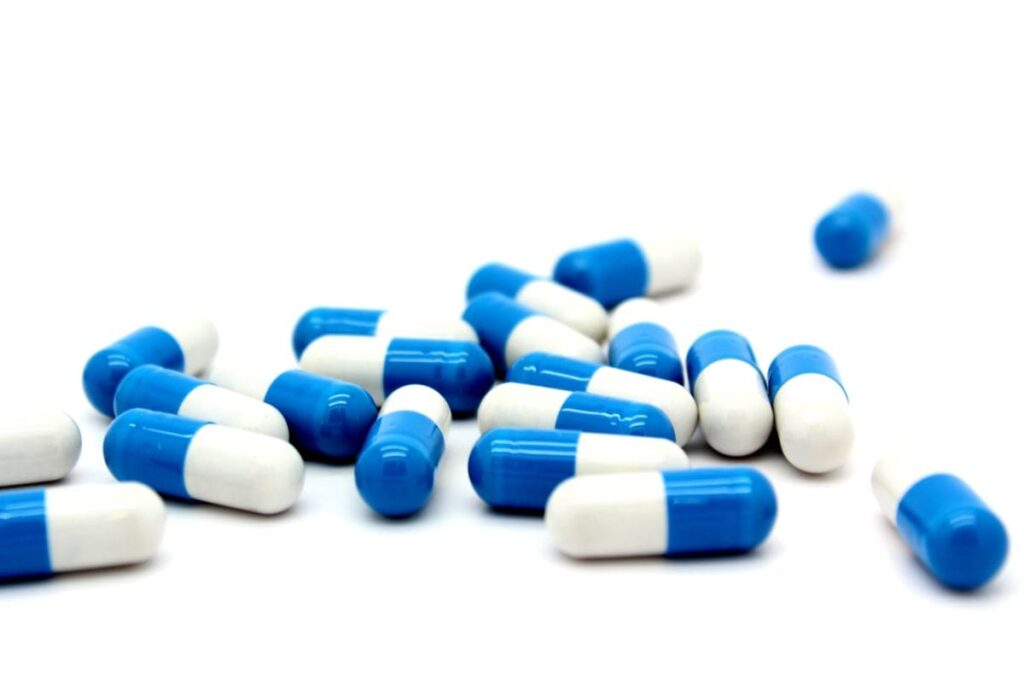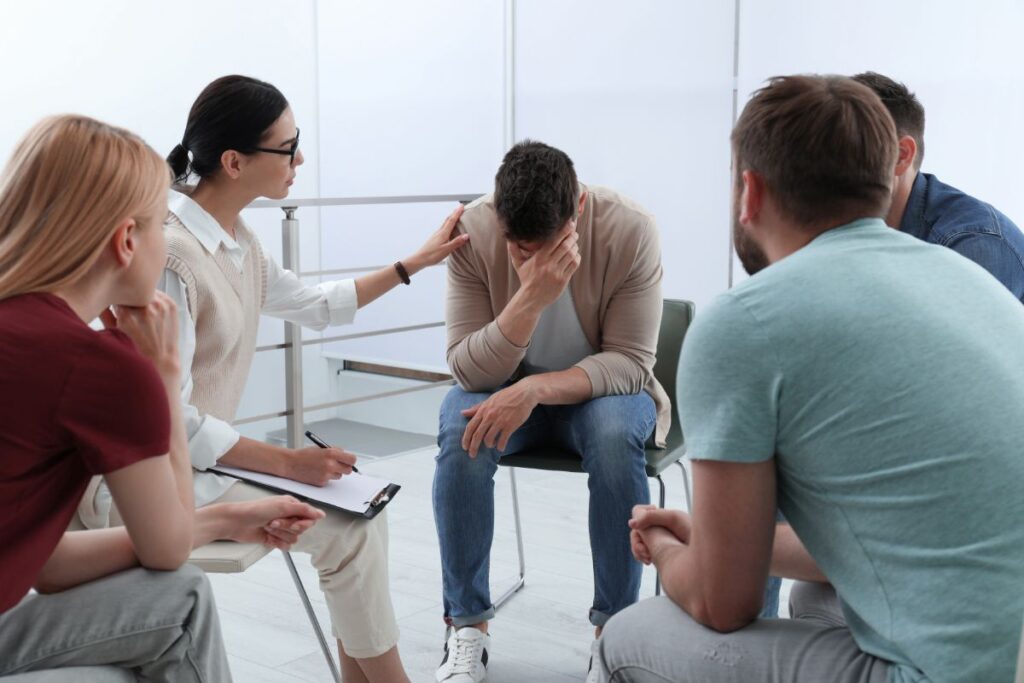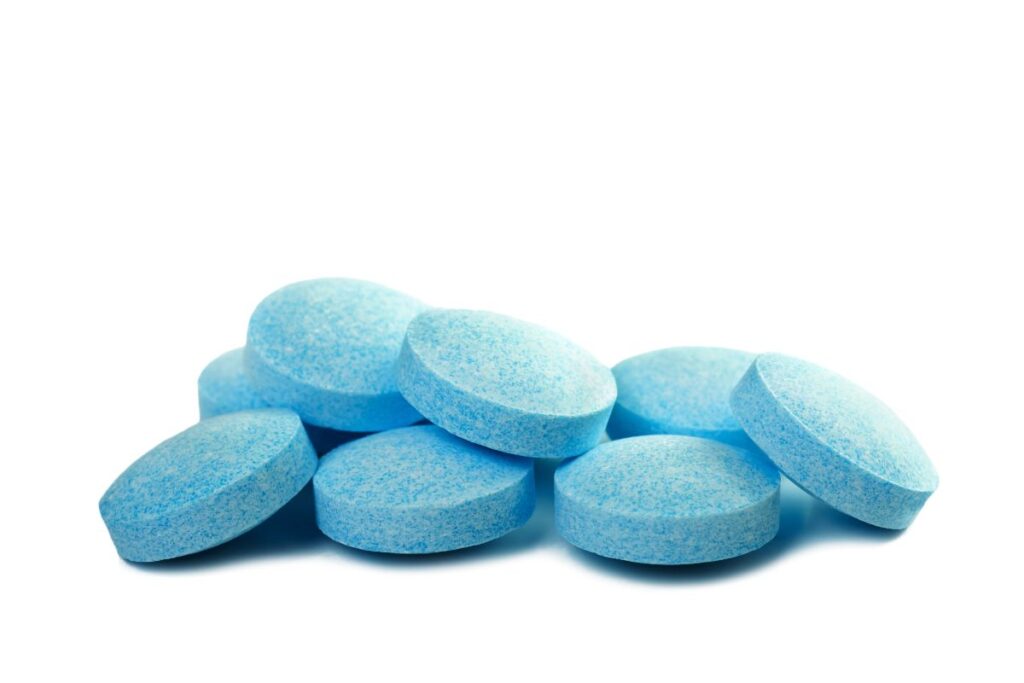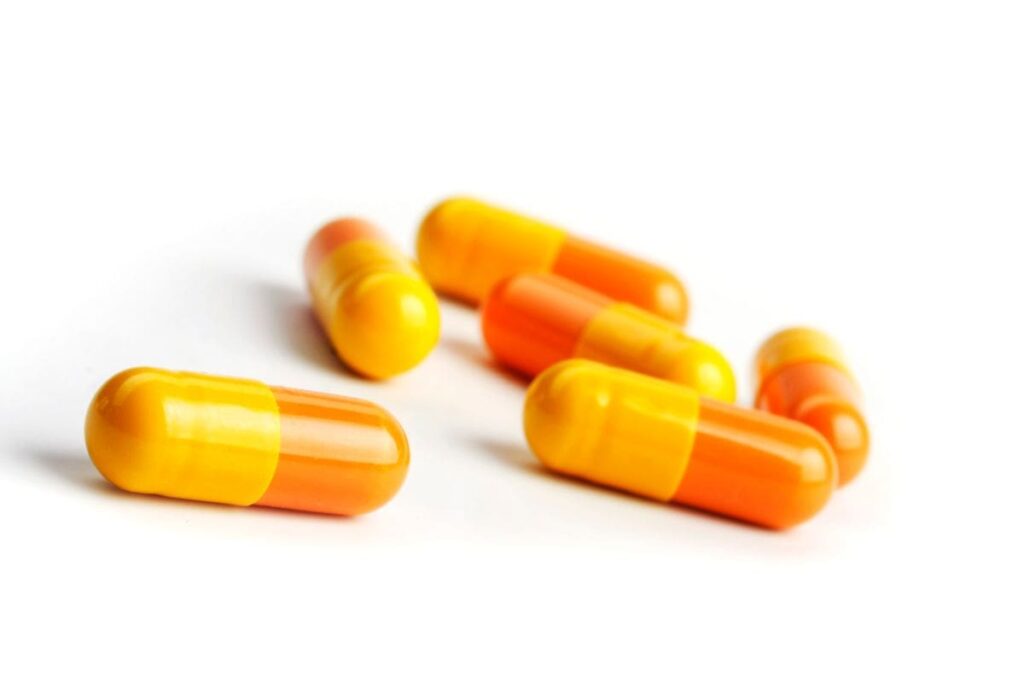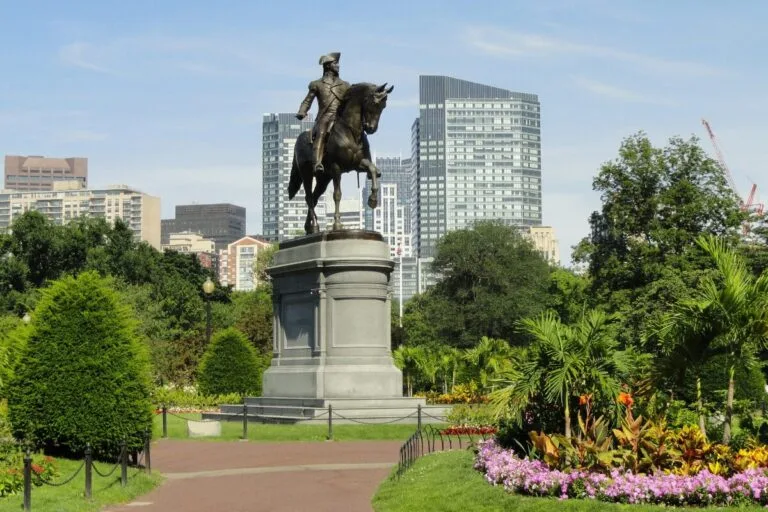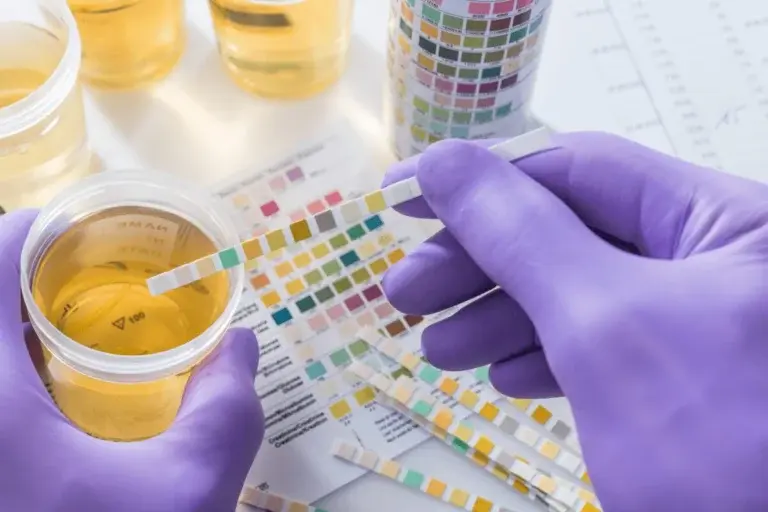Marijuana Rehab in Massachusetts
Medically Reviewed

Medically reviewed by Jack Maroney, MSHCA, LADC1
Written by Lake Ave Recovery Staff
Updated on June 11, 2024
At this point, about half of the states have legalized the recreational use of marijuana. This can lead many people to believe that this drug is harmless, but the reality is that it can cause an addiction that negatively impacts a person’s life. Lake Avenue Recovery operates a marijuana treatment center in a scenic area of Massachusetts that helps people face their addiction head-on and overcome it. Our staff of experienced therapists partner with each person we treat to help them move past their need to get high.
Learn more about our drug rehab programs in Massachusetts or call us now at (508)794-4400.
How Does Our Marijuana Treatment Center in Massachusetts Work?
Our marijuana treatment center takes place on an outpatient basis, which means each person travels to our facility for their therapy sessions. This allows them to still live in their homes and tend to their personal responsibilities. The first thing we do upon meeting someone new is perform a thorough assessment to understand how they experience their marijuana addiction. This helps us know what types of therapy will work best for them.
We offer three levels of outpatient care and will use an initial assessment to determine which one works best for each individual. The lowest level of care is our Outpatient Program (OP) which includes a few therapy sessions per week. This is usually the last step in treatment and helps cement the lessons already learned so a person is prepared to live a substance-free life after formal treatment concludes.
Our mid-level of treatment is our Intensive Outpatient Program (IOP), which takes place from 9:00 a.m. to 12:30 p.m. for two to four weeks. We offer the same program in the evening, and it runs from 5:30 to 9:00 p.m. up to four times per week.
Our highest level of care is our Day Treatment (Day Treatment), which takes place Monday through Friday from 9:00 a.m. to 3:00 p.m.
You are not alone. You deserve to get help.
Lake Avenue Recovery is an industry leader in addiction treatment in Massachusetts. Our team of top medical experts specialize in dual diagnosis treatment and are committed to ensuring that each patient is treated as an individual. Call us today, we’re available 24/7.
How Do I Know I Need Marijuana Treatment?
Substances like marijuana and alcohol can seem harmless because of their legal status in the U.S. However, addiction to marijuana affects the lives of many. Someone in need of attending a marijuana treatment center typically smokes pot on a regular basis, including daily and even several times a day. They prioritize getting high over many of their responsibilities, and it negatively impacts their ability to do their jobs or do well in school. For many, abusing marijuana causes discord in their personal relationships. The individual may develop physical and mental health issues related to their addiction. Someone who knows they have a problem but ignores it and continues to get high is in denial. The sooner they reach out for effective help, the better their lives will become when they so longer view the world through the stunted view of being high.
Is Weed Dangerous?
Long-term use of marijuana can cause both physical and mental damage. A person who starts smoking at an early age can lose as much as eight IQ points. It can also affect a person’s short-term memory and ability to think and make decisions. When someone gets high and drives, they put themselves and others on the road at risk. Driving under the influence of marijuana, like driving drunk, can cause slowed reactions, unsafe driving, and make a person easily distracted.
Women who use marijuana while pregnant may cause multiple types of damage to their fetuses. As well, THC and other chemicals can be passed to a baby through their mother’s breast milk. Finally, people with long-term marijuana habits often develop mental health disorders like depression and anxiety.
Recommended: Are Weed Shakes Dangerous?
Signs and Symptoms of Marijuana Addiction
Someone with an addiction to marijuana will show signs that they are in trouble. Common ones to look for include:
- Smoking or otherwise ingesting marijuana regularly
- Feeling you can’t get through the day without getting high
- Spending a lot of money on marijuana
- Consuming edibles
- Hiding paraphernalia, like rolling papers, pipes, and bongs
- Developing a tolerance and increasing the amount used
- Withdrawal symptoms when not using marijuana
- Trying to quit using the drug but can’t do it
A
How Long Does Rehab for Marijuana Last?
How long a person spends attending a marijuana treatment center depends on a few factors. Long-term, severe addictions can take longer to overcome than others. What sort of withdrawal symptoms the person has can also affect their time in treatment. Someone attending residential treatment usually lives in a facility for 30 days or more. Outpatient programs typically last for four weeks or more, depending on what level the person attends.
Recommended: How Long Does Delta 8 Stay In Your System?
What To Expect at Our Marijuana Treatment Center
We don’t believe that addiction treatment requires a cookie-cutter approach. We get to know each person who comes to us so we know how to help them set and meet treatment goals. Our staff of expert therapists uses their experience in treating substance use disorders to help people identify what may have led to their addictions. We also offer treatment for dual diagnosis, which is the presence of both an addiction and a mental health disorder. All of this takes place in a gorgeous area of Massachusetts that makes the perfect backdrop for rediscovering how to live drug-free and enjoy personal growth.
Other Services We Offer
Our marijuana treatment center offers therapies that specifically help people address substance use disorders. Each one is led by a skilled therapist who partners with people to help them develop the strength to avoid relapsing and live a drug-free life. The types of therapy we offer include:
A
Get Help at Our Marijuana Treatment Center
Did you start smoking pot on a casual basis and now find you can’t stop? Addiction to marijuana can happen to anyone, and it proves difficult to overcome the drive to keep using it. Lake Avenue Recovery created a marijuana treatment center that uses evidence-based treatment provided by skilled and compassionate therapists. We offer three levels of outpatient programs that take place at our facility located in a beautiful area of the state.
For more information about how to stop abusing marijuana, contact us today. Our admissions staff can answer your questions and show you how easy it is to enroll.
Learn more About our Treatment Options
How Long Does Vyvanse Stay In Your System?
Vyvanse is a prescription medication often used to treat ADHD and binge...
Feening For Drugs: What Does It Mean?
If you’ve ever heard someone say they’re "feening for drugs," they’re talking...
What is Blue Xanax?
Blue Xanax is a prescription medication used to treat anxiety and panic...
The Dangers of Effexor
Effexor (venlafaxine) is a widely used antidepressant that helps treat depression, anxiety,...
Mental Health Statistics in Massachusetts: Facts & How to Get Help
If you or someone you know is struggling with mental health, you’re...
How Long Does Alcohol Stay in Urine?
Key Takeaways Alcohol can be detected in urine for up to 12...
Instant Insurance Verification
Same-Day Clinical Assessment
Free &
Confidential
Start Your Journey to Recovery Call Now.
We have a longstanding foundation in the treatment and recovery community
Lake Avenue Recovery is a state licensed and Joint Commission accredited organization committed to promoting, maintaining, and restoring the dignity, well-being and mental health for those with substance use disorders and their families serving Massachusetts and beyond.
- 132 Years Clinical Excellence
- 105 Years Recovery Experience
- 8:1 Ratio Client to Staff
- 12 Publications on Alcohol and Drug Use

